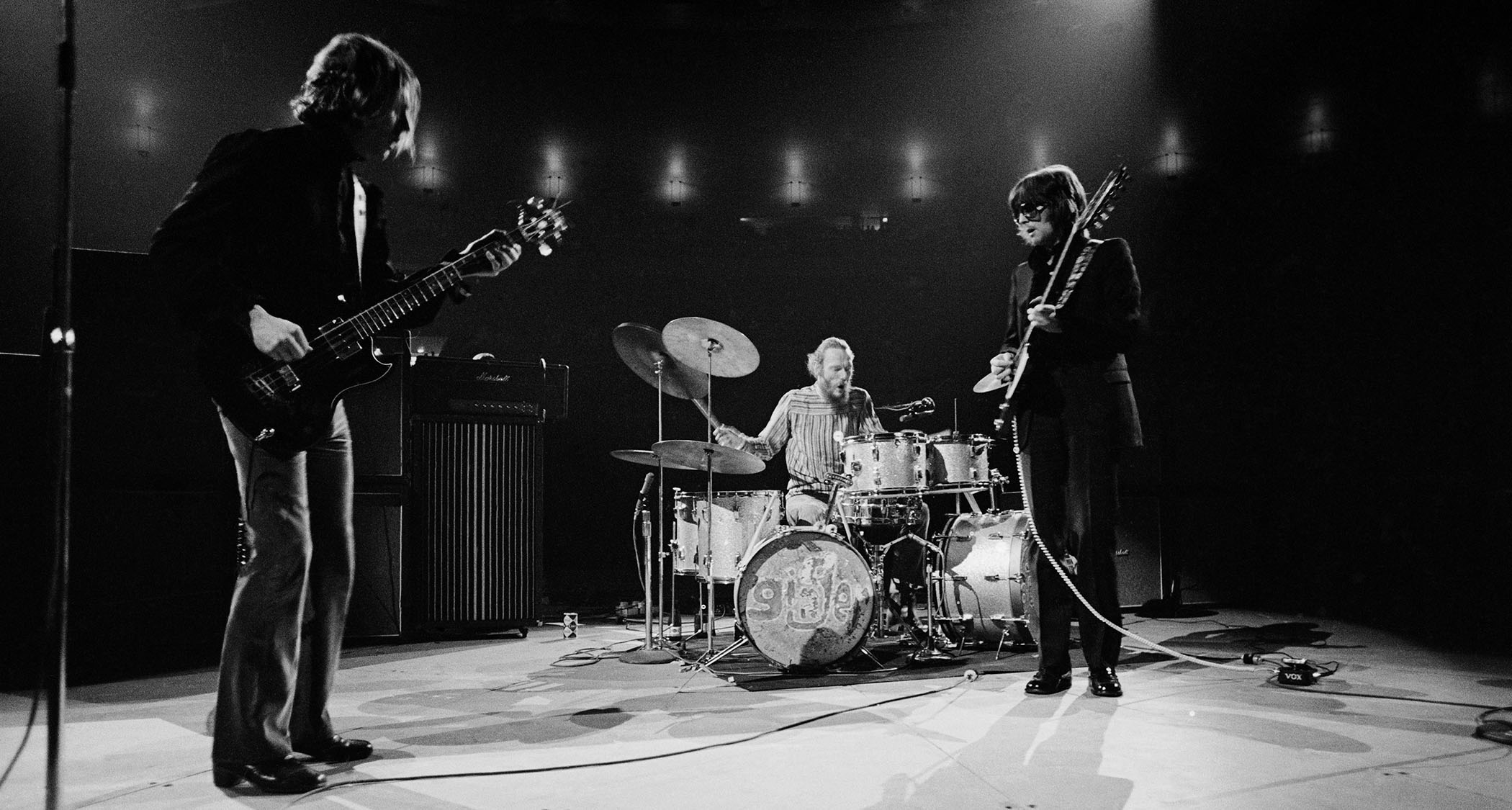Ease the strain on your back with these five lightweight alternatives to the Gibson Les Paul
We’ve hand-selected a quintet of rock machines that will bring the power of the LP while being a little easier on your back
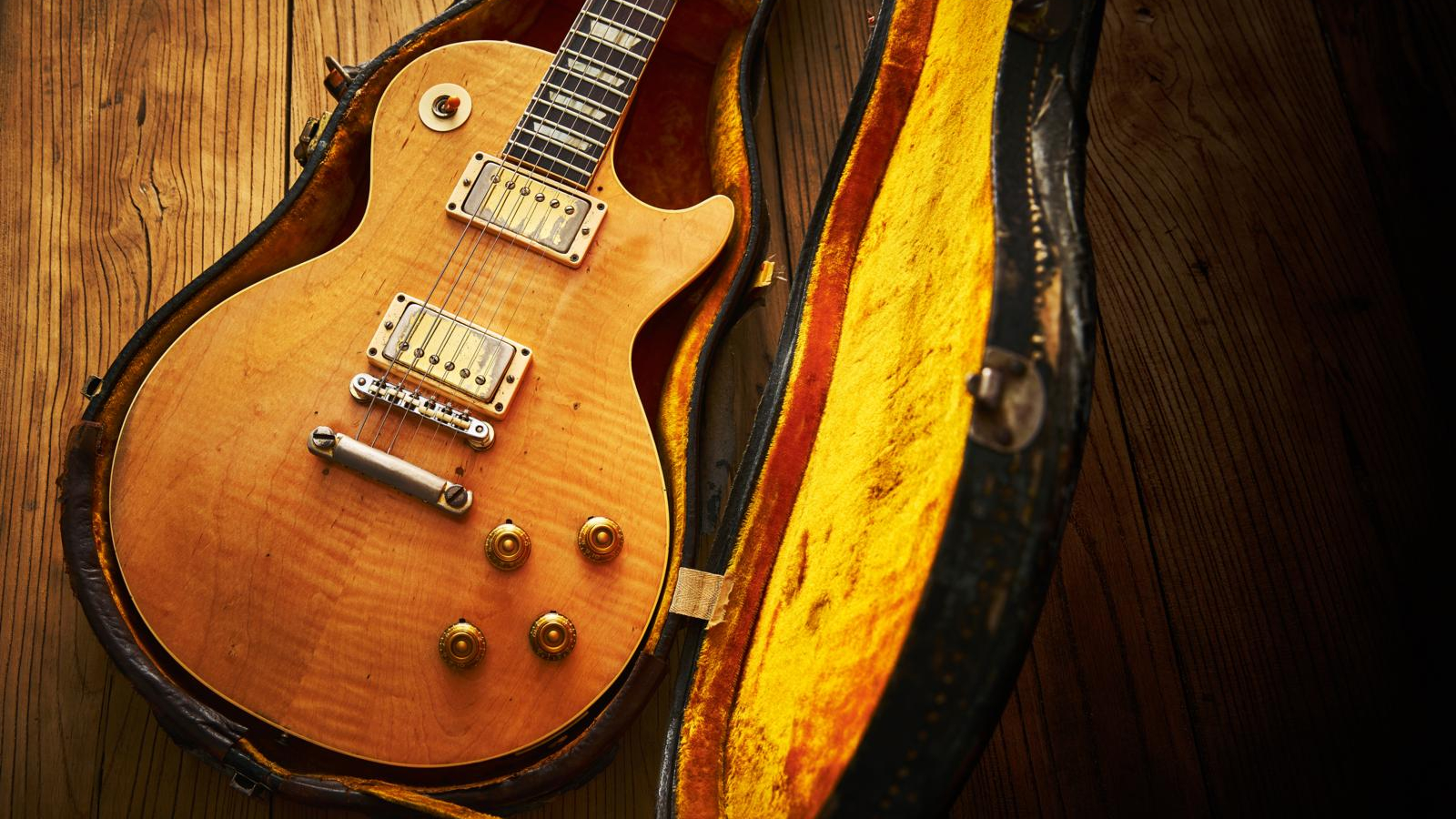
All the latest guitar news, interviews, lessons, reviews, deals and more, direct to your inbox!
You are now subscribed
Your newsletter sign-up was successful
The hulking presence of Gibson's renowned single cut cannot be denied. The Les Paul has been turning heads and melting faces since its release back in the late '50s, with a who's who of rock's most celebrated ambassadors relying on the flame-topped beauty to deliver their signature riffs. However, while some players instantly fall for the Les Paul's handsome good looks and endless sustain, others simply can't see past its burdensome weight. Luckily, Guitar World is here with five lighter alternatives to the Gibson Les Paul to ensure you can still achieve this legendary tone without breaking your back!
Of course, there are many guitars out there that come in considerably lighter than the Les Paul, but for this feature, we're only concerned with guitars that give us the essence of the LP, just in a lighter format. We've hand-selected five fabulous guitars from Gibson, ESP, Gretsch, PRS and Duesenberg that all channel a little of that Les Paul spirit but in their own unique way. We've also been careful to cover a variety of price points as well, so regardless of your budget, you should find your LP substitute here – alternatively, if a LP is the guitar for you, check out our guide to the best Gibson Les Pauls.
Why is the Les Paul so heavy?
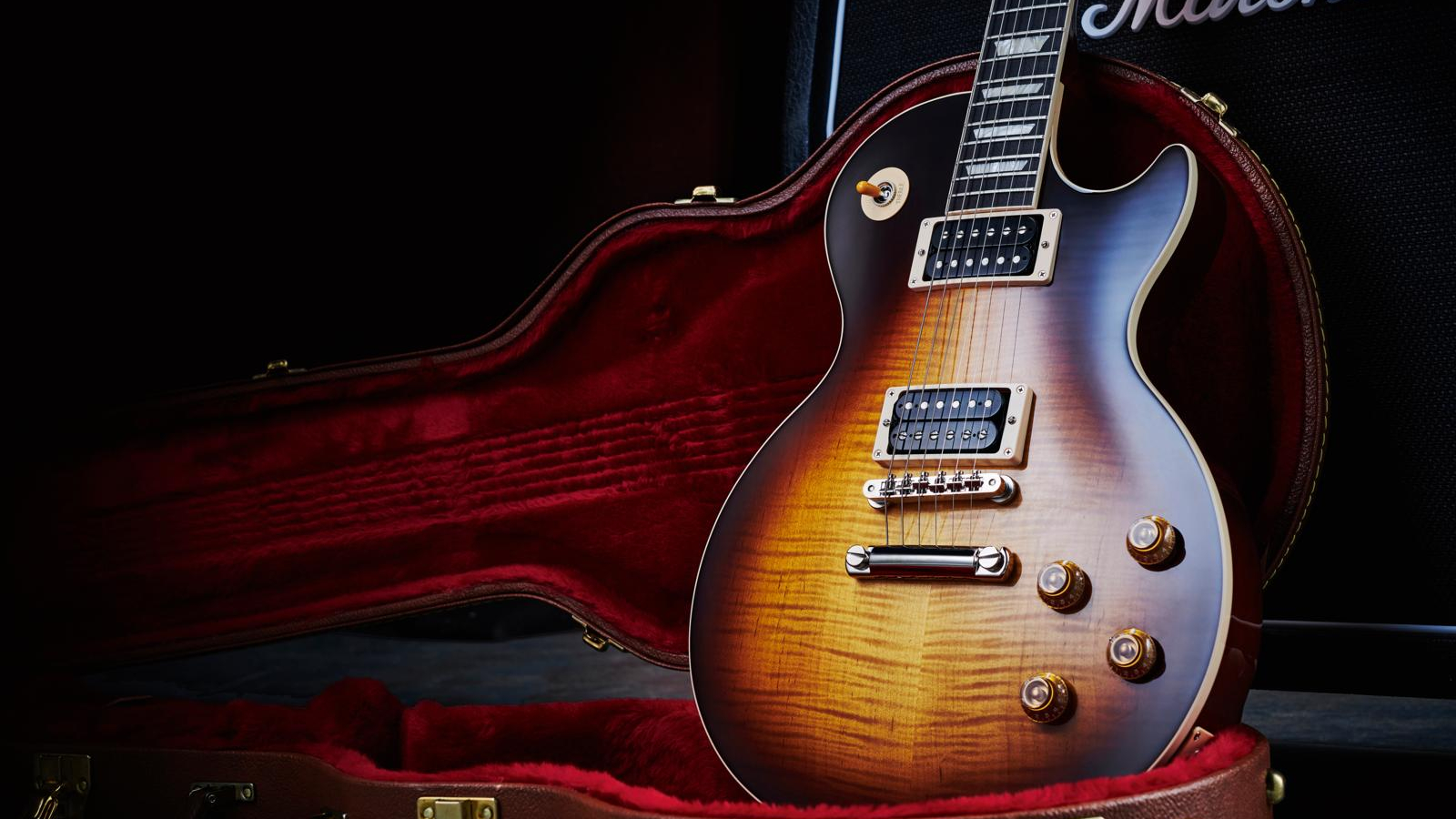
Unfortunately, the key to the Les Paul's tonal success is also the thing that makes it problematic in the weight department. A sandwich of flame maple and mahogany make for a perfect pairing if you are looking for a rich and thunderous sound, but not so much if you have a fear of chiropractors.
Mahogany is a dense and hefty wood that many guitar makers favor for its rich, warm tone and exemplary sustain. However, as the Les Paul opts for a solid body design with a relatively chunky body and the addition of a thick maple top, this tone does come at a price.
All of these factors combined make the Gibson Les Paul a relatively heavy guitar when compared to other models in the Gibson catalog.
Pros and cons of a lighter guitar
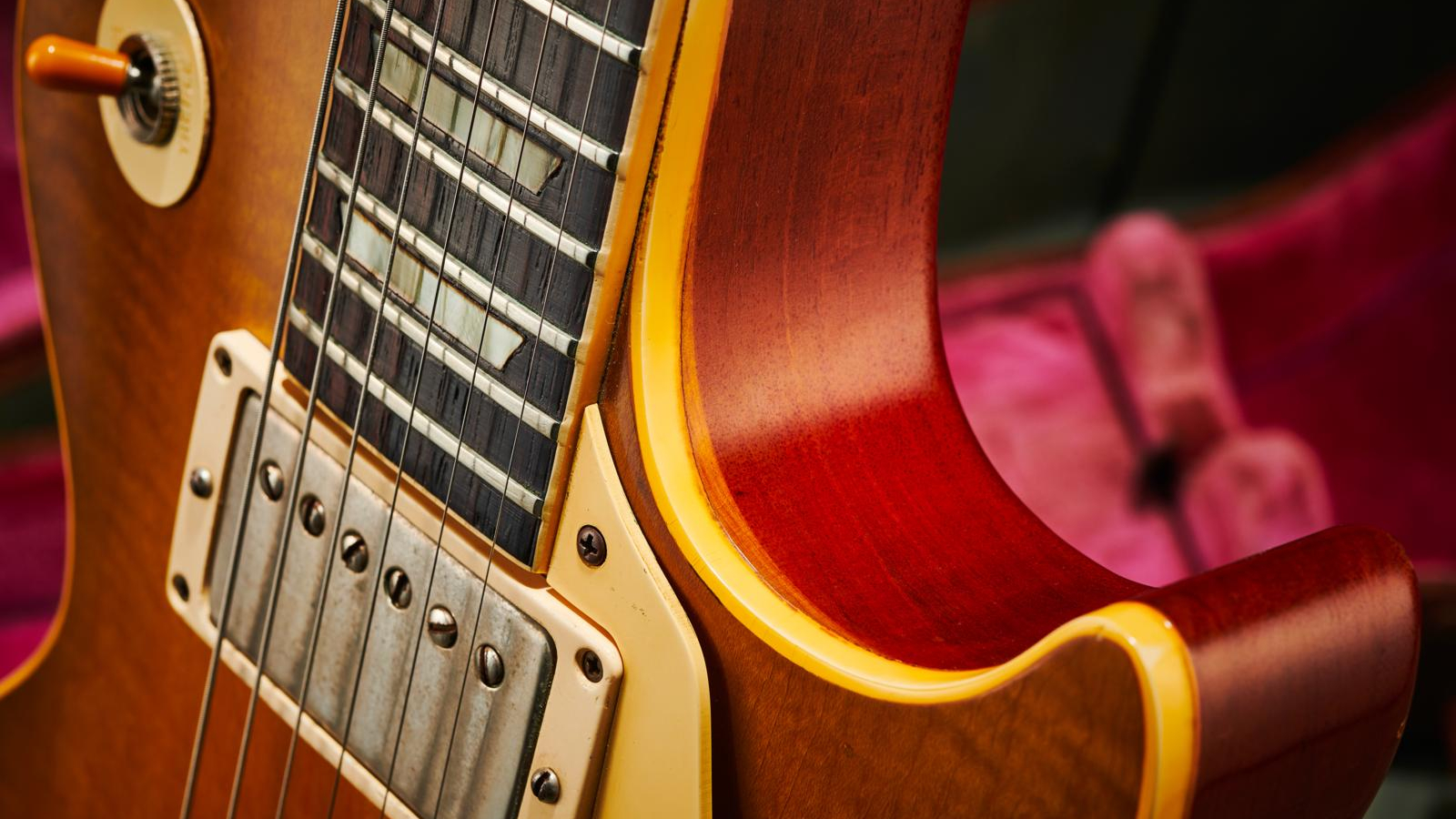
Apart from the obvious benefit of being a lot more comfortable to hold and play for extended periods of time, as well as easier to throw around the stage, a lighter guitar may also have tonal advantages.
Some players gravitate towards the lighter – and more specifically, chambered – guitars due to their increased resonance. Channeling some of the feel and tone of a hollow body guitar, such as an ES-335, these lightweight guitars can bring a new sonic presence to the table.
That said, a chambered guitar may also have some disadvantages. For example, it may be more prone to feedback when playing at high volumes or with excessive distortion. Additionally, they may not share the same sustain as their heavier stablemates.
As you'd expect, the differences in construction can affect the overall sound and tone of the guitar, making it less suitable for certain types of music.
Lighter Les Paul models from Gibson
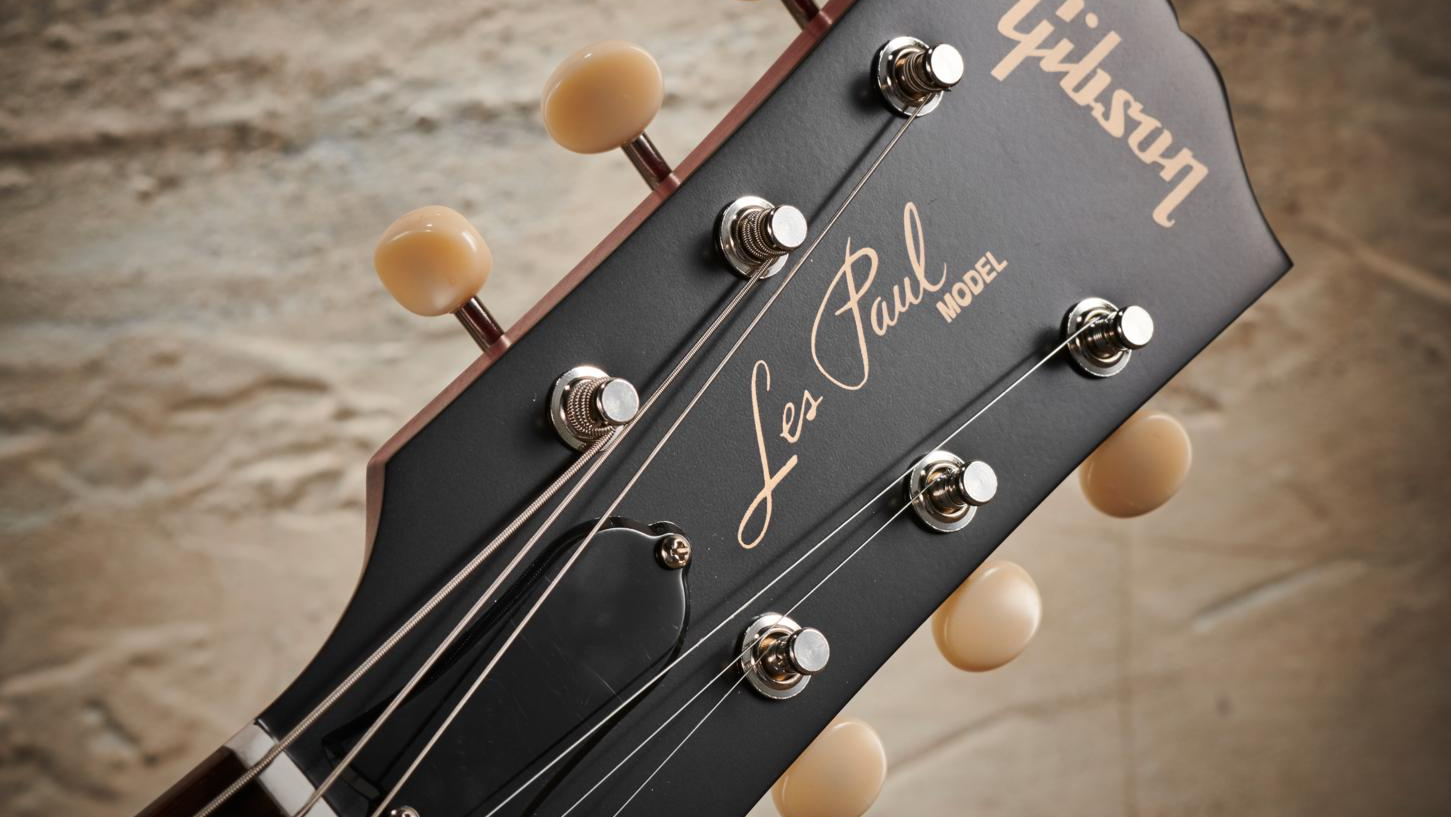
Okay, before we get into our actual list. We have to mention that the legendary guitar maker does, in fact, produce a few lightweight Gibson Les Paul models themselves. Gibson has a long history of trying to make the LP more spine-friendly, pioneering advancements in chambering to get the weight of this single-cut beaut to a more manageable level.
Currently, Gibson offers three main guitars that are ideal for those seeking the LP tonal characteristics in a featherweight design. First of which is the aptly named Les Paul Modern, which takes advantage of the Nashville guitar giant's "ultra-modern weight relief". This technique utilizes strategically placed chambers that not only aid in the comfort of the guitar but also in its sound. Of course, as the name suggests, you also gain access to other contemporary features such as an asymmetrical neck profile, high-output pickups and a recessed heel for better fret access.
Next is the Gibson Les Paul Studio, which again, employs the same ultra-modern weight relief. The Les Paul Studio also strips the LP of all its bling, resulting in a bare-bones guitar that's straight-up ready to rock. Lastly, we have to mention the Les Paul Special Tribute - Humbucker. Now, while this simplified LP doesn't incorporate any weight relief per se, but as it doesn't feature the traditional maple top of the Standard, it comes in a fair bit lighter than its classic counterpart.
Lighter alternatives to the Gibson Les Paul
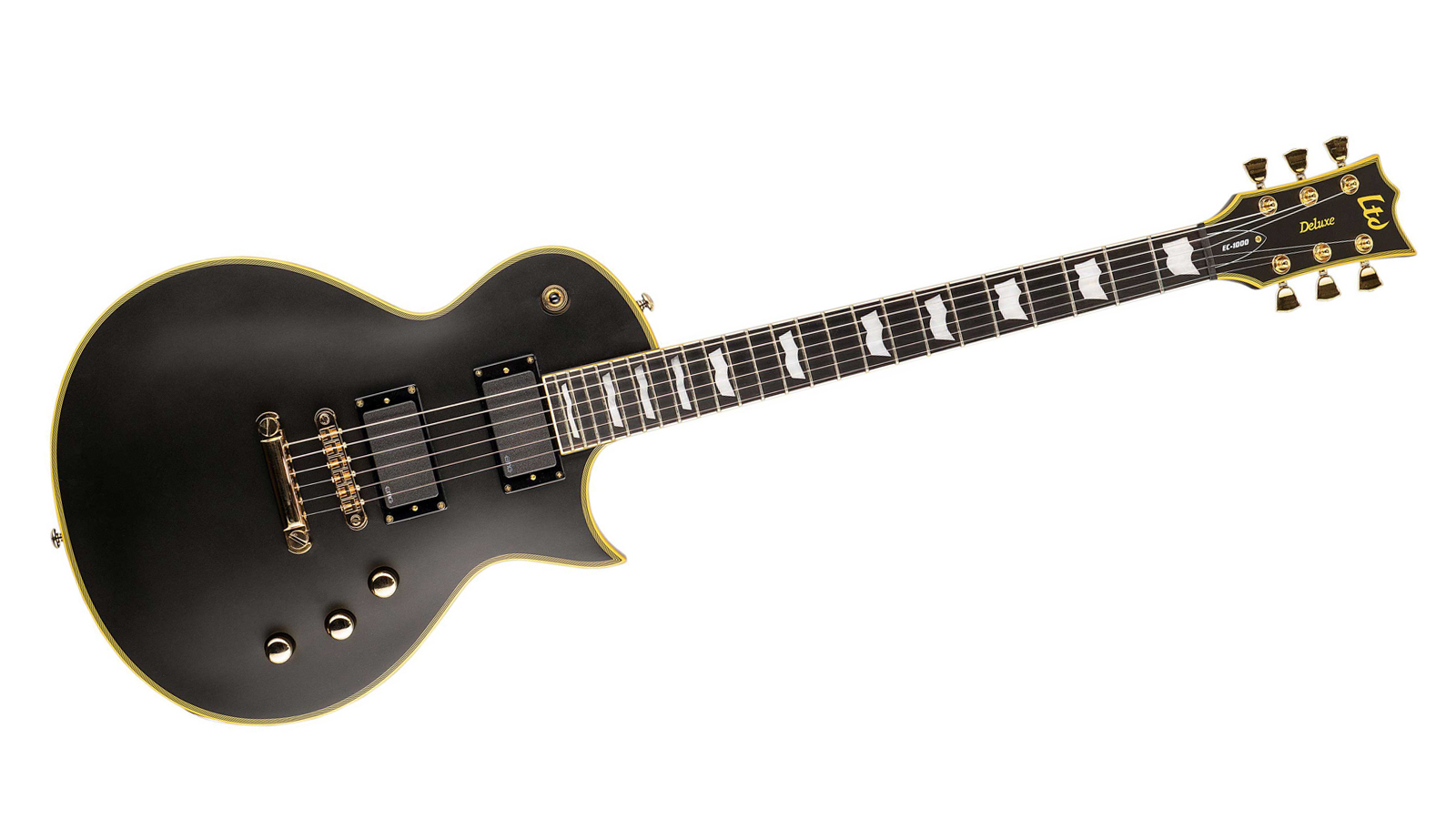
1. ESP LTD EC-1000
Our expert review:
Specifications
Reasons to buy
Reasons to avoid
The ESP Eclipse has long been a go-to alternative to the Les Paul for many players not only seeking a lighter option but a more contemporary variation on the traditional singlecut design.
While we could have chosen any number of Eclipse models for this list, we've opted for the LTD EC-1000, as we believe it offers the most bang for your buck. This stylish and sleek axe delivers a powerhouse of tone, with more than enough finish and pickup options to satisfy any style or genre.
The thin body of the EC-1000 makes this model incredibly comfortable, while the slender neck profile allows you to glide from one end to the other with ease.
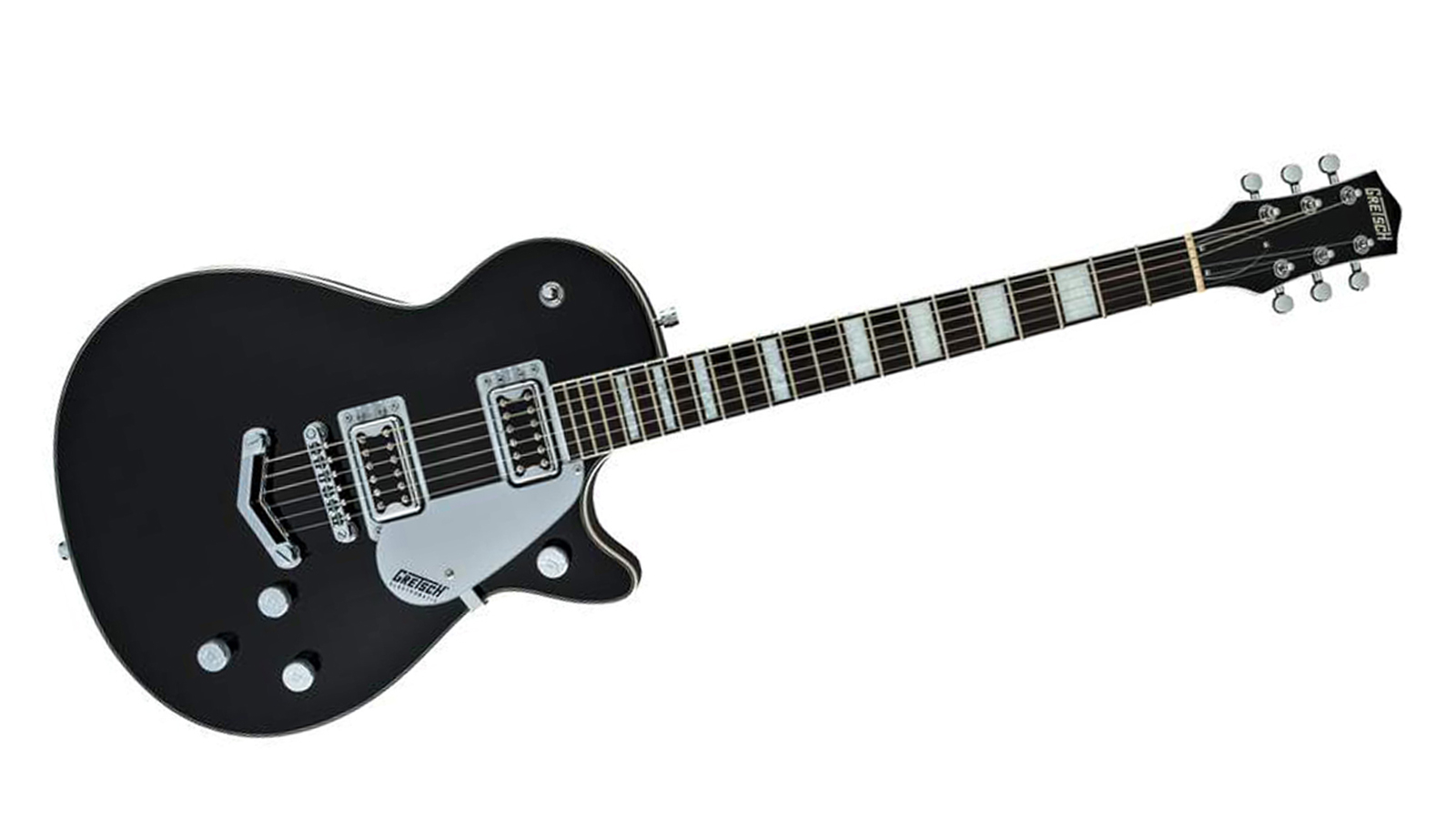
2. Gretsch G5220 Electromatic Jet BT
Our expert review:
Specifications
Reasons to buy
Reasons to avoid
When most people think of this legendary retro brand, they tend to picture their beloved Country Gentleman or Chet Atkins models, but we strongly believe more love should be shown to the humble Jet.
Arguably delivering a more versatile tone when compared to their oversized and hollow counterparts, the Jet is a sophisticatedly simple guitar that furnishes players with the bright and dynamic sound Gretsch is known for. Just like the ESP above, Gretsch offers guitarists a plethora of Jet models and various price points and specs. We've chosen to highlight the Electromatic model, as for the price, it can't be beaten.
The Jet sticks to the original recipe of mahogany and maple, which Les Paul fans favor, while adding a little Gretsch flair by chambering the body. This results in an accentuated low-end and rounded mid-range that simply sings.
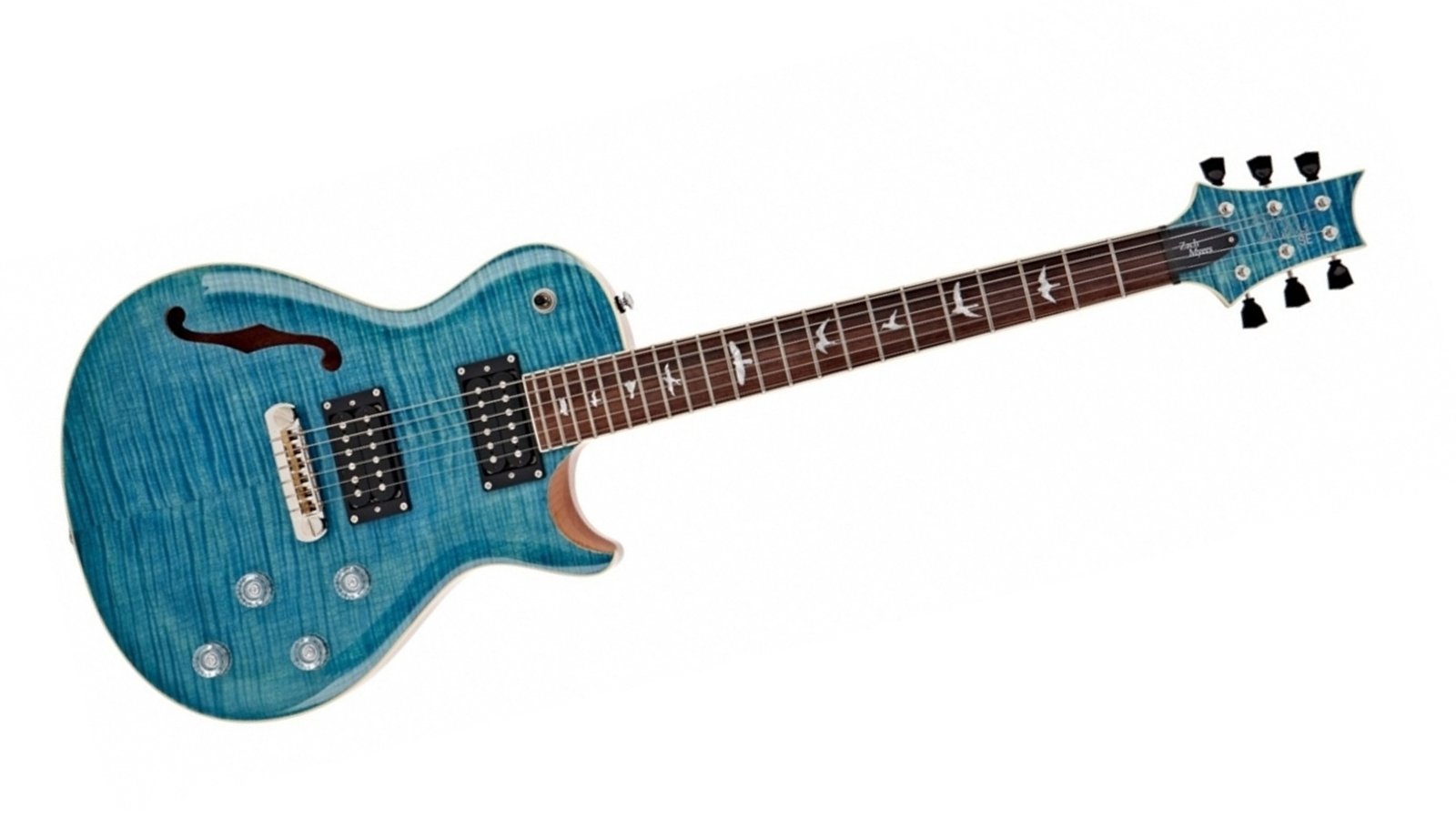
3. PRS SE Zach Myers
Our expert review:
Specifications
Reasons to buy
Reasons to avoid
It was inevitable that a PRS guitar would make this list, but the signature model of alternative metal outfit Shinedown's main axeman probably wasn't the one you were thinking of. Now, while we certainly considered the S2 McCarty 594 Singlecut, SE 254 and even a Core model Custom 24, the SE Zach Myers sig just offered everything we wanted in a lightweight singlecut and more.
Sticking to the winning formula of a mahogany body with maple cap and flame veneer, at first glance, this SE sits comfortably within the LP spectrum. However, this striking guitar strays from convention by opting for a semi-hallow construction that incorporates a single f-hole into its design.
As you can imagine, the removal of material to integrate the f-hole aids in making the SE Zach Myers incredibly lightweight and also has the added benefit of carving out a unique voice for this beautiful guitar.
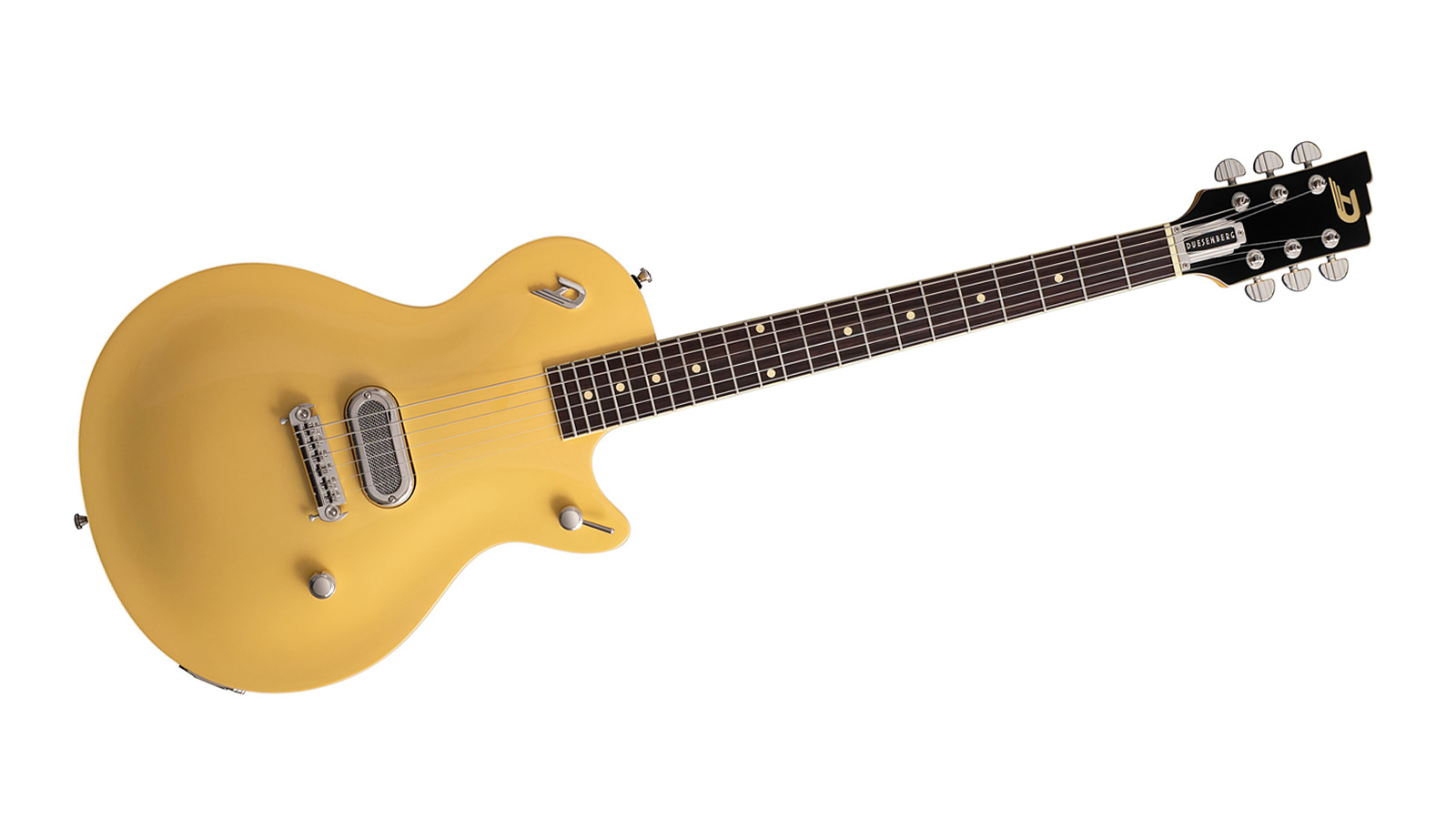
4. Duesenberg The Senior
Our expert review:
Specifications
Reasons to buy
Reasons to avoid
It would appear that this Duesenberg instrument is made purely of contradictions. On the face of it, this guitar is dripping with vintage class, with a clean and uncluttered look that perfectly harkens back to the guitars of yesteryear. However, plug it into an amplifier and you'll be faced with punk rock fury, with a sound so sharp it could take your eye out if you're not careful.
Not too dissimilar to the other guitars on this list, the Duesenberg employs the use of large sound chambers to deliver a lighter and more resonant instrument. This body construction pairs beautifully with its Split/King pickup, which despite looking rather basic, houses some pretty clever tech.
Giving you the option to select either a true single-coil, true humbucker or a combination of both, this might just be the most versatile guitar on the market that uses a solitary pickup.
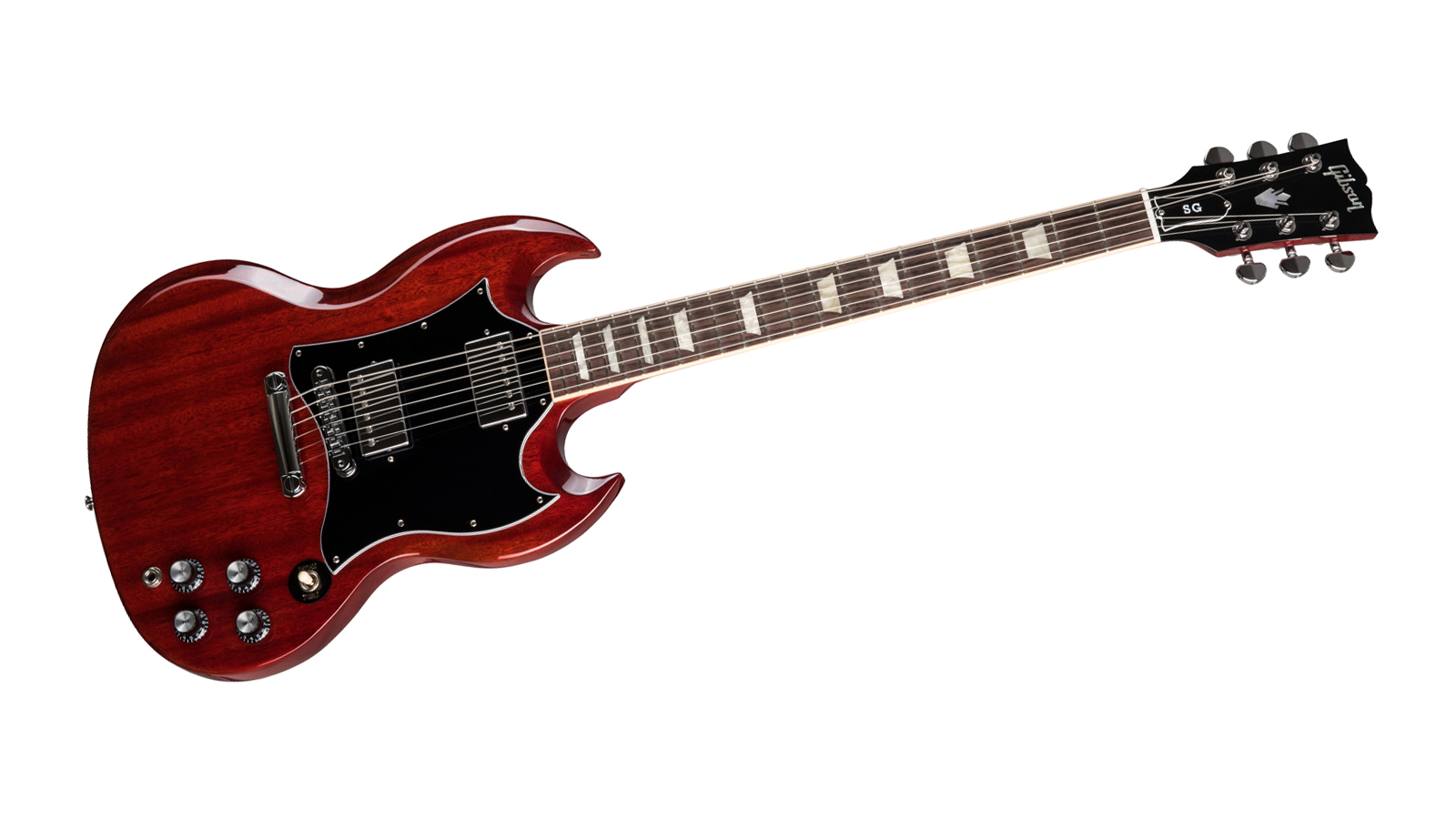
5. Gibson SG Standard
Our expert review:
Specifications
Reasons to buy
Reasons to avoid
We can't have a feature discussing lighter alternatives to the Les Paul and not include Gibson's other legendary solid-body electric guitar, the SG Standard. While this devilishly pointy six-string may live in the shadow of its singlecut big brother, it's actually Gibson's most popular model to date.
Ditching the weighty maple top in favor of a slender, contoured mahogany body, the SG brings a distinctive level of comfort that's simply not possible with other Gibson guitars. Pair this lightweight construction with its near-perfect fret access and aggressive mid-range bark, and the end result is a guitar that was born to rock.
Gibson offers many flavors of SG model, from budget-friendly Epiphones to authentic vintage reissues and hi-tech contemporary variations, so regardless of your playing style and dream tone, you'll find an SG to do the job.
All the latest guitar news, interviews, lessons, reviews, deals and more, direct to your inbox!
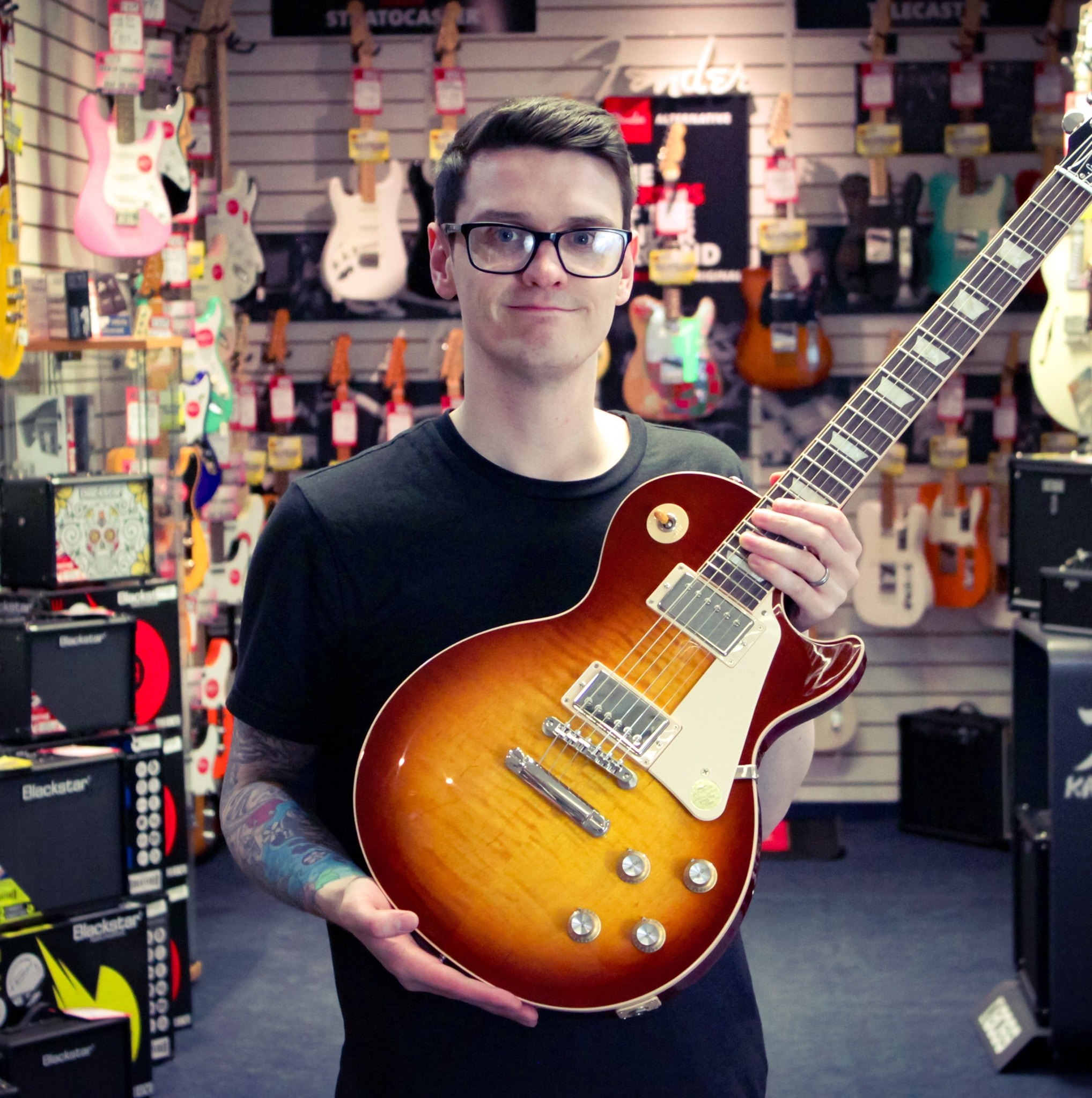
Daryl is a Senior Deals Writer at Guitar World, where he creates and maintains our 200+ buyer's guides, finds the best deals on guitar products, and tests the latest gear. His reviews have been featured in prominent publications like Total Guitar, Guitarist, Future Music magazine, and MusicRadar.com.
During his career, he has been lucky enough to talk to many of his musical heroes, having interviewed Slash and members of Sum 41, Foo Fighters, The Offspring, Thrice, and more. In a past life, Daryl worked in music retail. For a little under a decade, he advised everyone from absolute beginners to seasoned pros on the right gear for their needs.
Daryl is a fully qualified sound engineer, holding a first-class Bachelor's degree in Creative Sound Production from the University of Abertay.
